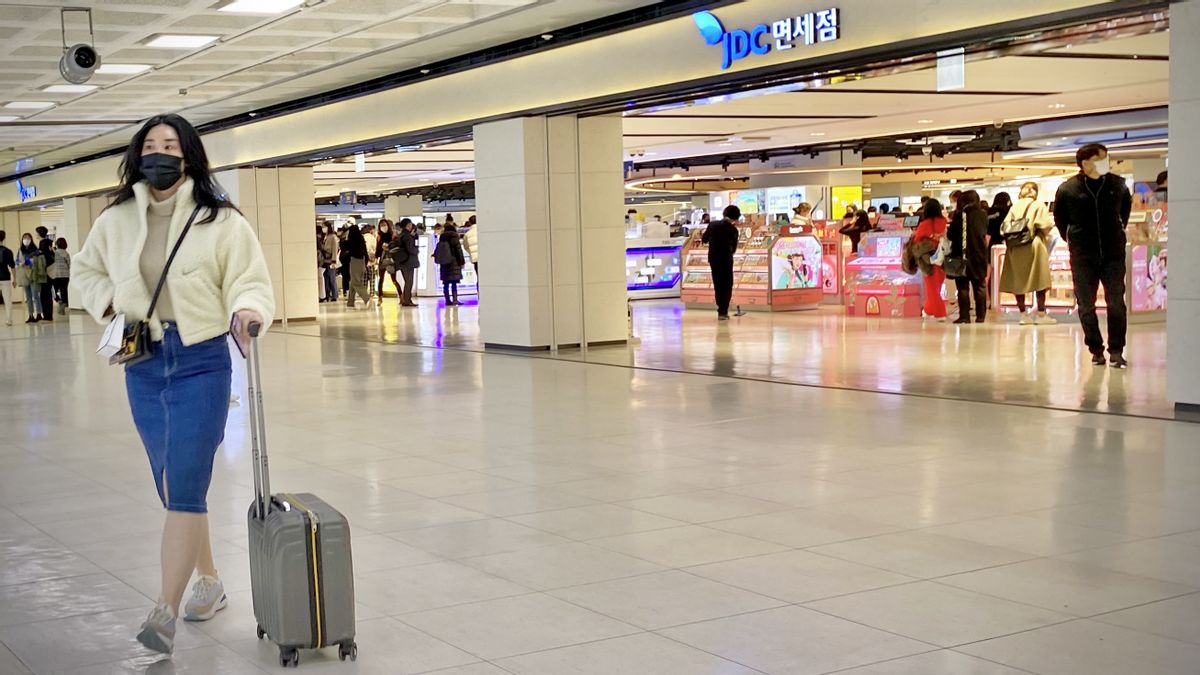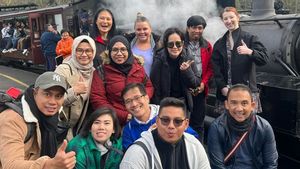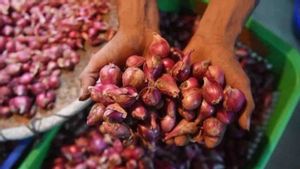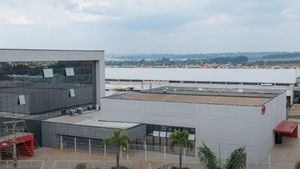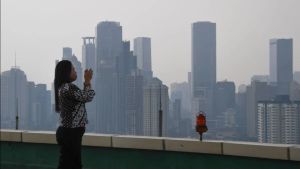JAKARTA - South Korea lifted the rules for wearing masks for most indoor public places on Monday, as a major step towards easing COVID-19 rules, but many residents chose to keep wearing masks due to fears of an ongoing infection.
Revocation of mask rules in most indoor locations is South Korea's latest move in loosening COVID rules, as new cases show signs of slowdown.
However, people are still required to wear masks in public transportation and in medical facilities.
Most restaurant owners and visitors in the bustling Gwanghwamun district of Seoul, where government buildings and companies are located, welcomed the new policy. However, many residents have also said they will continue to wear masks with the pandemic that is not yet completely over.
"I don't think it means we have to wear masks just to get in and out of the restaurant, so it's good that it's changed now," said Yoon Seok-jun, a 30-year-old office worker in Gwanghwamun.
Meanwhile, Kim Jae-jin, 28, said he was happy to be able to exercise in the gym without wearing a mask. Even so, he said he would continue to wear the cover in most public facilities.
"The walk on the treadmill will be much more comfortable, but I'm still worried about a new respiratory disease after COVID," Kim explained.
South Korean health authorities have warned easing mask rules could result in a temporary spike in new cases, urging people to remain vigilant when in high-risk areas, especially for those more susceptible to infection.
"COVID-19 isn't over yet and it looks like masks are protecting me from flu and other diseases, so I think I'm going to wear it for now," said Jeong Hye-won, an office worker from Seoul.
It is known that the easing of the rules occurred about three years after South Korea reported its first outbreak of COVID-19 infection on January 20, 2020.
Ginseng Country has also canceled most of the pandemic-related precautions, but maintains seven-day isolation rules for those who have tested positive for COVID-19.
The English, Chinese, Japanese, Arabic, and French versions are automatically generated by the AI. So there may still be inaccuracies in translating, please always see Indonesian as our main language. (system supported by DigitalSiber.id)
